
On March 28, 2025, the Institute for Global Public Policy (IGPP) of Fudan University, in collaboration with the LSE-Fudan Research Centre for Global Public Policy, successfully held the workshop “Connecting Philosophy and Public Administration: Directions of Inquiry.” The workshop focused on the intersection of philosophy and public administration, gathering distinguished scholars from the UK, New Zealand, China, and other countries to engage with IGPP faculty and students on the philosophical foundations and methodological innovations of public administration under the current context of global governance.
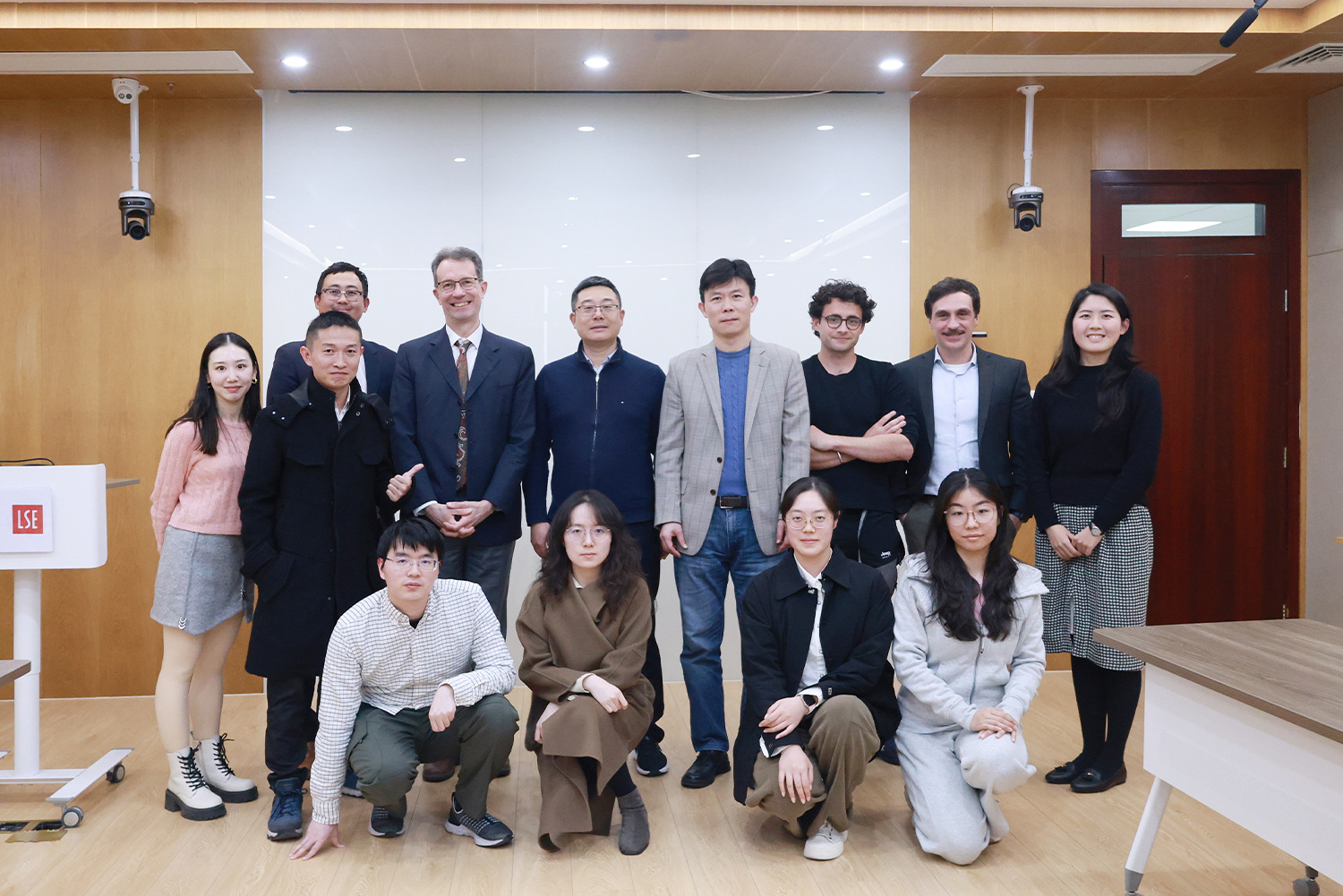
The workshop began with welcome remarks by Professor Yijia Jing, Dean of IGPP. Professor Jing pointed out that while AI and data-driven approaches have brought remarkable progress in public management and policy-making, they alone cannot address all the core issues faced by the field. He stressed that philosophy provides essential theoretical foundations and a critical perspective to help us deeply understand complex social issues. He also briefly introduced the three keynote speakers and expressed his hope that this workshop would inspire theoretical innovations and promote interdisciplinary dialogue in public administration research.
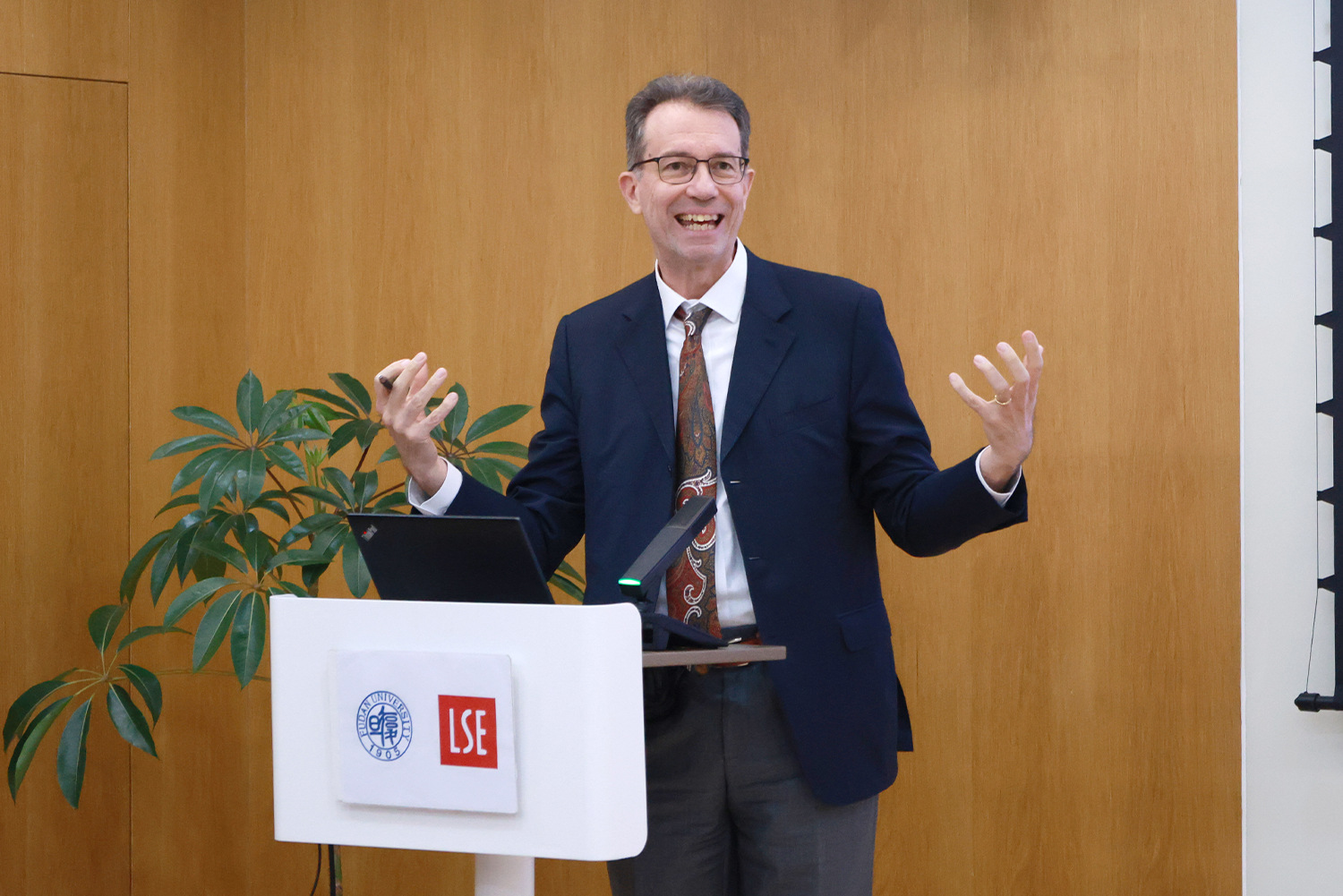
Professor Edoardo Ongaro from The Open University, UK, opened the workshop by emphasizing the fundamental relationship between philosophy and public administration. He argued that philosophy can “shed light” on public administration by offering insights for understanding and responding to complex governance challenges. Faced with increasing complexity and uncertainty in public governance, Pro. Ongaro called for a renewed philosophical reflection on fundamental issues, which also served as the core rationale for this workshop.
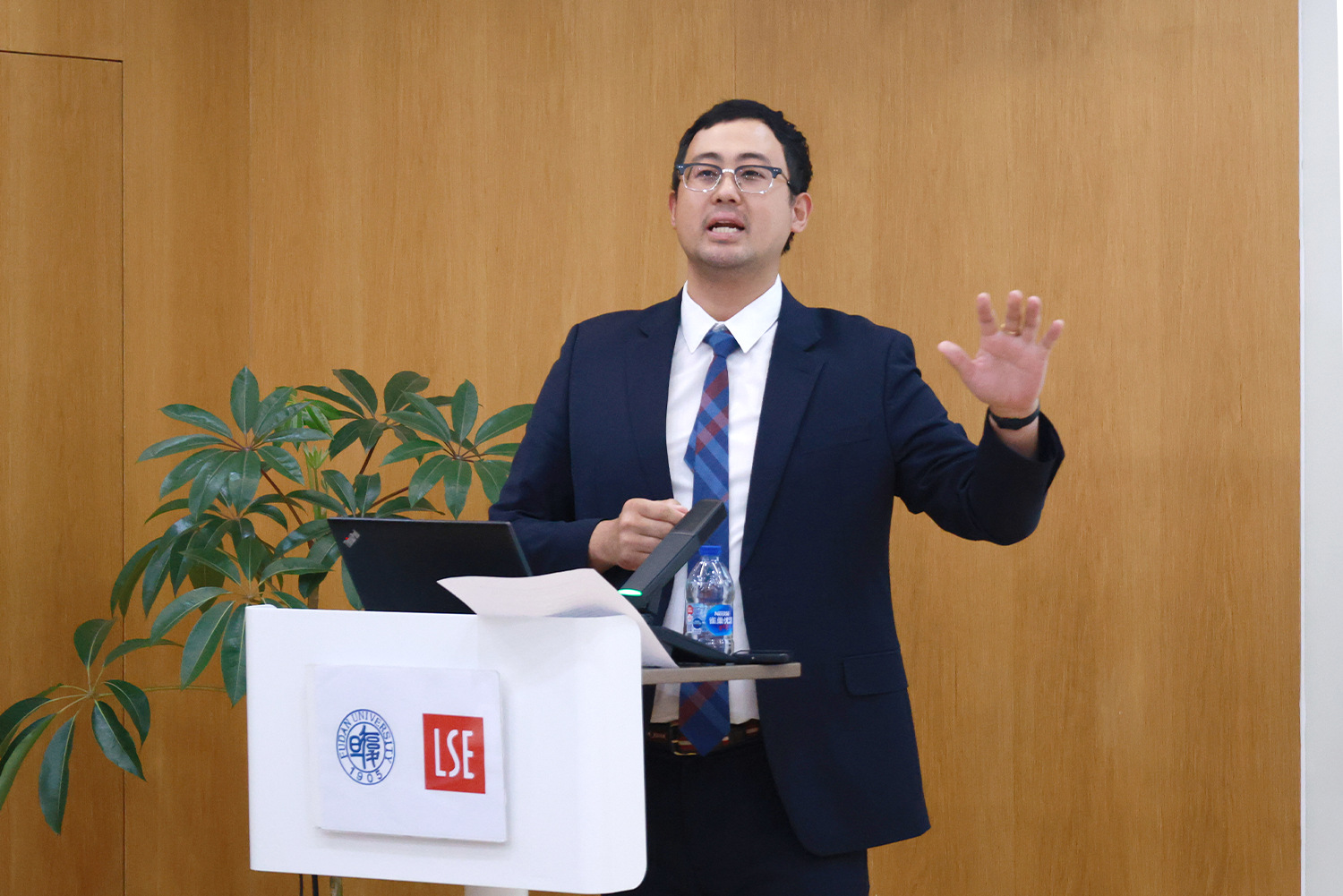
Dr. Wonhyuk Cho from Victoria University of Wellington, New Zealand, shared the case of New Zealand’s public sector reforms. Since the 1990s, the New Zealand government has vigorously promoted New Public Management (NPM) reforms featuring marketization, privatization, and performance orientation, effectively transforming public servants into quasi-private employees. The reform of the financial system further reinforced performance-based budgeting with the principle of “no result, no funding.” However, in recent years, New Zealand society has started to reflect on whether NPM has gone too far, leading scholars to reconsider the philosophical foundations of public management.
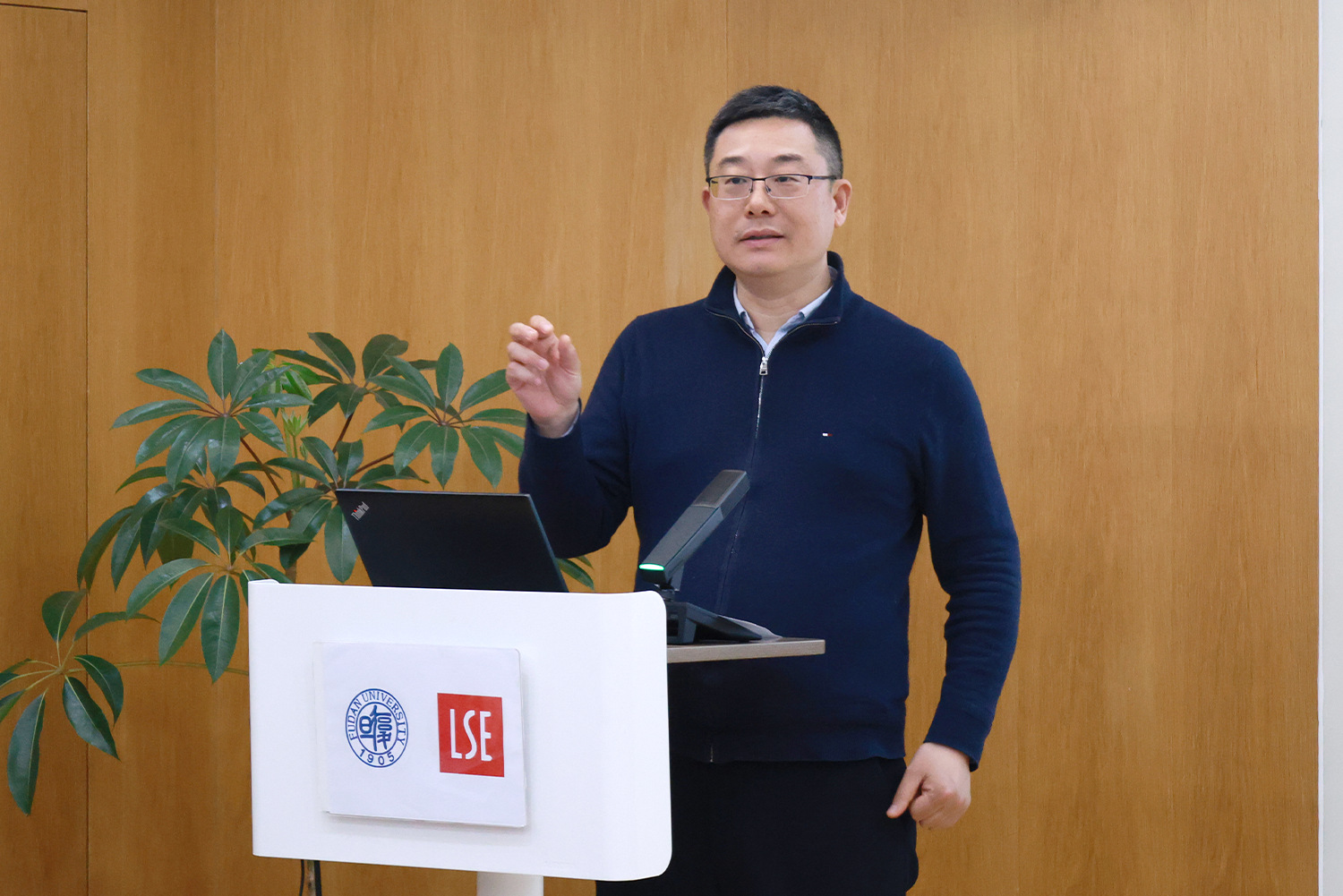
Professor Yunzhou Du from Southeast University delivered a presentation on “Innovating Methodologies to Tackle Complex Management Issues from a Philosophical Perspective.” He pointed out that under the highly complex governance environment, public administration research urgently needs theoretical and methodological innovations, moving beyond traditional reductionism and simplicity. Professor Du introduced his “Complex Mediation Model,” which aims to construct theoretical frameworks that better capture the complexity of reality and explain the key mechanisms and pathways in management practice. He emphasized that philosophy should serve as a vital source for updating research paradigms in public governance.
In the closing presentation, Professor Ongaro further elaborated on his topic, “Rethinking Public Governance for the 21st Century: The Importance of (Re-) Connecting Philosophy and Public Administration.” He proposed an analytical framework bridging philosophy and public administration, systematically reviewing the philosophical foundations — including ontology, epistemology, axiology, and political philosophy — behind major administrative doctrines such as NPM and public value governance. His presentation inspired the audience and expanded the imagination and possibilities for future interdisciplinary research.
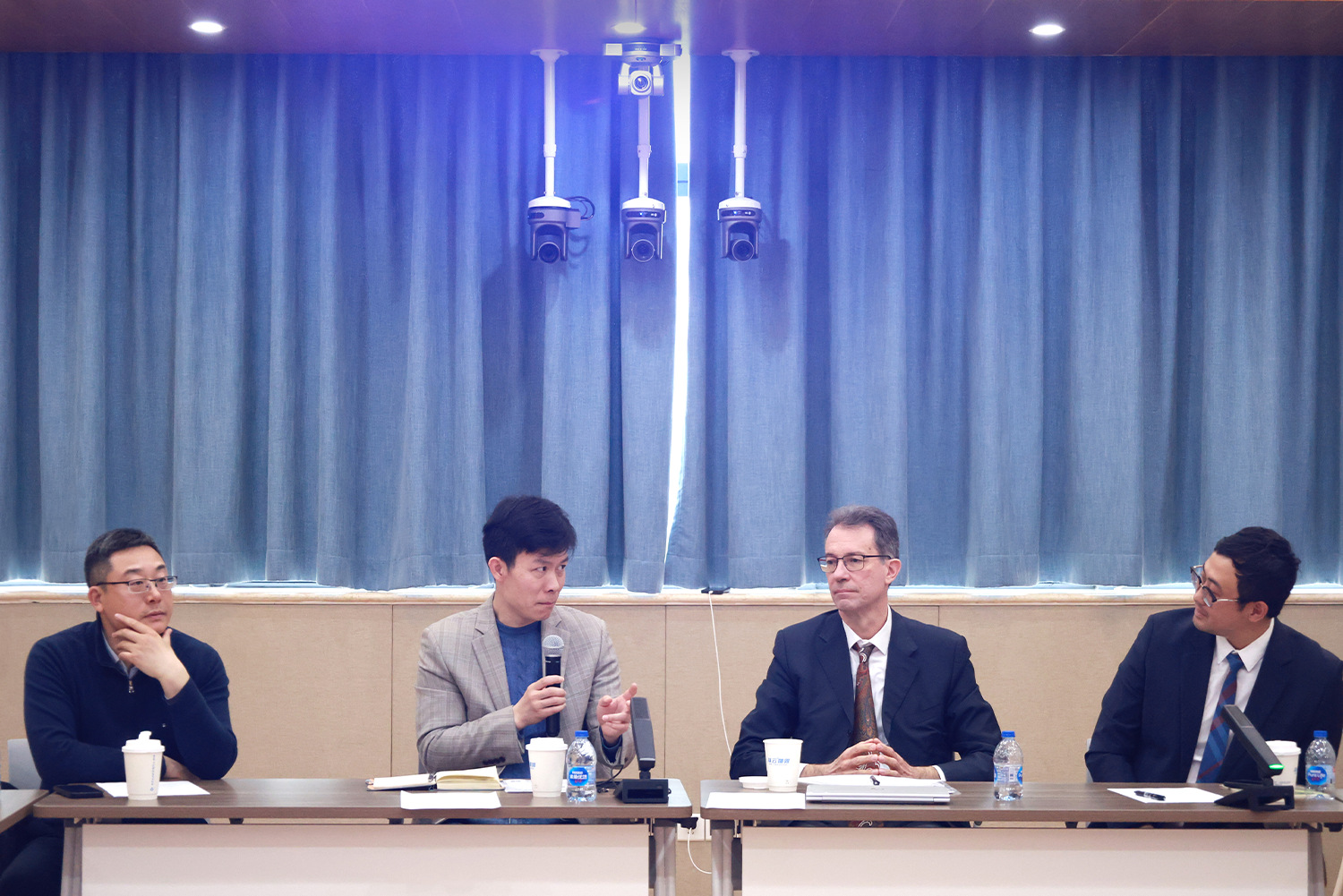
During the plenary discussion, scholars engaged in in-depth exchanges on topics such as whether public administration needs a distinct philosophical framework, how philosophy can guide methodological innovations, the limitations of AI and big data in public administration, and the challenges of public trust. The workshop reached a consensus on the necessity of enriching public administration theory and practice through philosophical reflection. The event not only invigorated discussions on the philosophical dimensions of public administration but also opened up new directions for governance research in the age of AI and big data.
At the conclusion of the event, Professor Yijia Jing delivered closing remarks. He thanked the speakers for their insightful contributions and encouraged continued interdisciplinary dialogue to expand the theoretical boundaries of public administration. The workshop ended on a high note, with all participants gathering for a group photo to commemorate this thought-provoking and intellectually enriching occasion.




